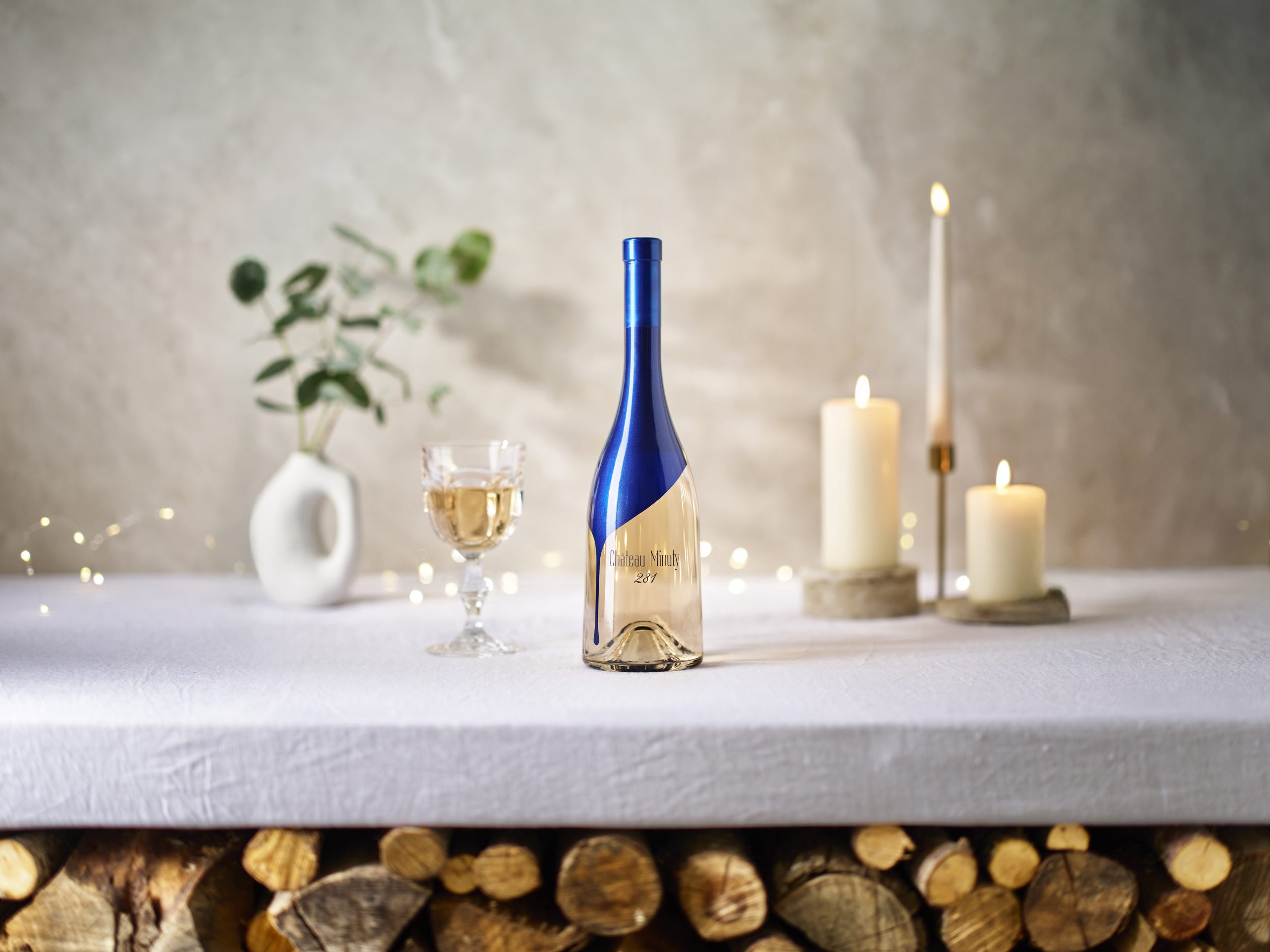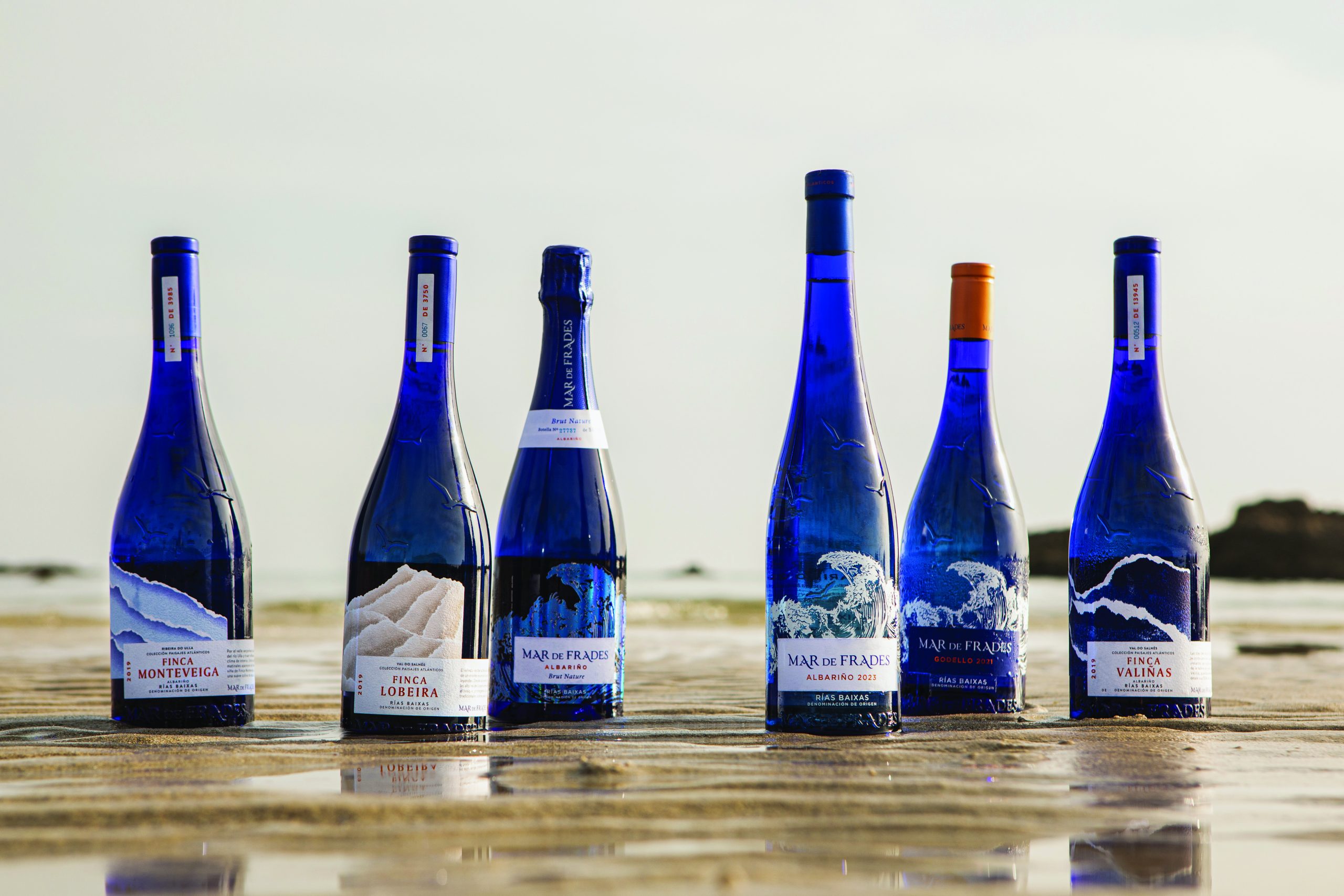Plans to build Britain’s largest winery blocked again
A planning inspector has supported Medway Council’s decision to turn down a £30 million Foster-designed winery in Kent, which would have been Britain’s largest.
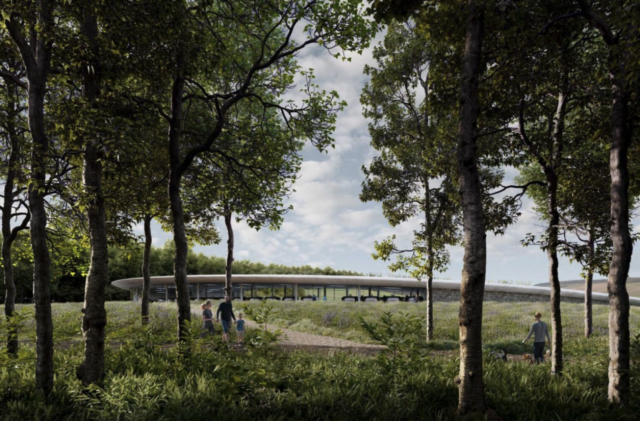
The decision, which was announced this week, is the latest blow to plans for a winery, café and visitor centre in an area of Area of Outstanding National Beauty (AONB) near the village of Cuxton in Gravesham, Kent.
According to the Architects’ Journal, planning inspector Stephen Wilkinson sided with Medway council’s rejection of the proposals for the development, which would have produced around five million bottles of wine per year.
Giving reasons for blocking the building project, Wilkinson said that “great weight should be afforded to conserving and enhancing the landscape and scenic beauty of the Kent Downs AONB”.
Continuing, he said: “At the heart of this decision is a requirement that a major development in the AONB should be in the public interest,” before commenting that he was “not convinced by the business case for the winery or the intrinsic value of the wine experience”.
He also said that, “The English ‘wine revolution’ which this scheme seeks to stimulate could, in practice, be addressed by development outside the AONB.”
As db reported in July 2021, the Foster-designed project is for Vineyard Farms, the English winemaking business backed by Mark Dixon of Château Berne in Provence, who made his fortune from serviced office firm Regus, and who has stated his intention to become the largest wine producer in the UK.
The winery was due to be built on a site near the village of Cuxton, where around 160 hectares of vines have been planted by Dixon on former organic farmland, making it the largest single wine estate in the UK.
The project has been called the Kentish Wine Vault, and would feature a state-of-the-art mainly subterranean winery, but also a visitor centre, shop and restaurant.
The proposed building has a ‘green’ roof, while the production facility was expected to operate with a zero-carbon footprint.
However, in December 2021, the plans to build the winery – which would have been Britain’s largest – were been blocked by local councillors, who were concerned about the volume of traffic from visitors.
Partner Content
Then, in March the following year, despite hopes that the winery might be approved on a second attempt at gaining planning permission, Medway Council voted to reject the development plans – with eight councillors voting against and five for.
At the time, councillor Richard Thorne, who voted against the proposals, said, “It’s not agricultural, it’s commercial. And its on the green belt and an Area of Outstanding Natural Beauty. If this had been a vineyard without buildings it would be a completely different case”.
The proposed facility was to be 80% below ground, and would have been Foster + Partners’ fourth winery, having started designing schemes for wine producers with a project for Faustino in Ribera del Duero, which was completed in 2010.
Five years later, the architectural firm was responsible for the winery extension to Château Margaux in Bordeaux, and in 2021 it designed a winery for Saint-Émilion’s Le Dôme.
According to the Architects’ Journal, following the latest setback for Foster + Partners first UK winery project, a “disappointed” spokesperson for practice said it was “currently reviewing [the] next steps with our client”.
Read more
Foster design for UK’s biggest wine project
Locals thwart billionaire’s plans for Britain’s biggest winery
Contentious Foster + Partners-designed Kent winery rejected at second attempt
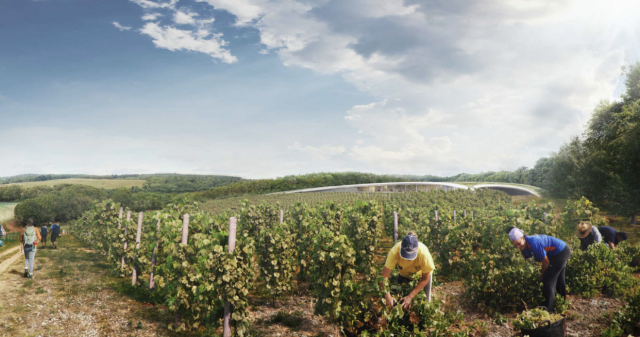
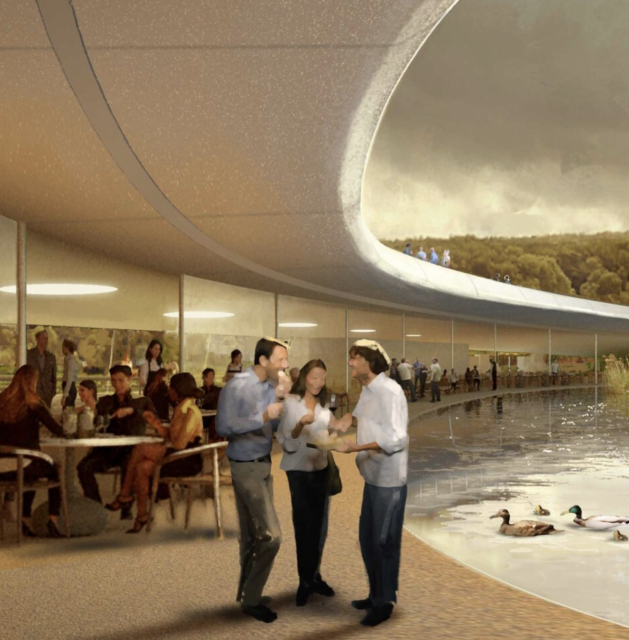
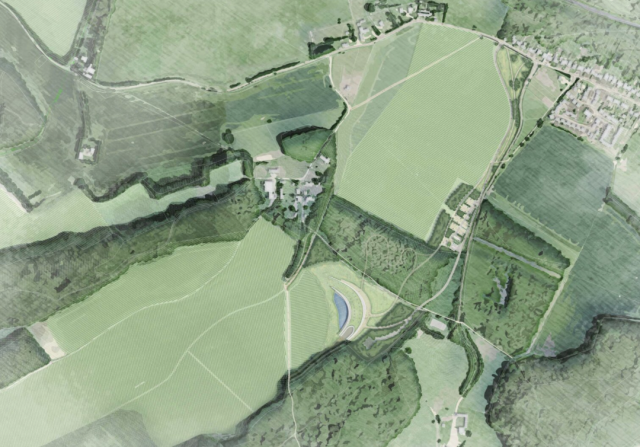
Related news
Castel Group leadership coup escalates
For the twelfth day of Christmas...
Zuccardi Valle de Uco: textured, unique and revolutionary wines



